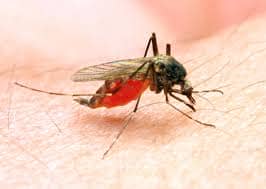The use of genetic engineering led to the wiping out of an entire population of mosquitos in the lab!
A paper published in the journal Nature Biotechnology explained that caged populations of Anopheles gambiae ‘collapsed within 7-11 generations’.
A genetic engineering approach known as gene drive was used to suppress the reproductive capability of the mosquito population. Gene drive technologies alter DNA and drive self-sustaining genetic changes through multiple generations by overriding normal biological processes. The gene editing technique called “Crispr ” was used to alter a part of the doublesex gene that is responsible for female development.
Female mosquitos with two copies of the altered gene showed both male and female characteristics, did not lay eggs and hence did not reproduce hence breaking the population growth cycle after many generations (7-11 generations).

Credits: medical news today
This modified gene that renders female mosquitos infertile opens up the possibilities for control of malaria. Malaria is still a recurring disease in many areas of the world.
“2016 marked the first time in over two decades that malaria cases did not fall year-on-year despite huge efforts and resources, suggesting we need more tools in the fight.” Prof Andrea Crisanti, who co-led the study.
In future, mosquitoes carrying a gene drive (like that the one tested in the lab) could be released to spread female infertility within local malaria-carrying mosquito populations to control their growth and prevent the spread of malaria.


